Showing 1-15 of 35 results
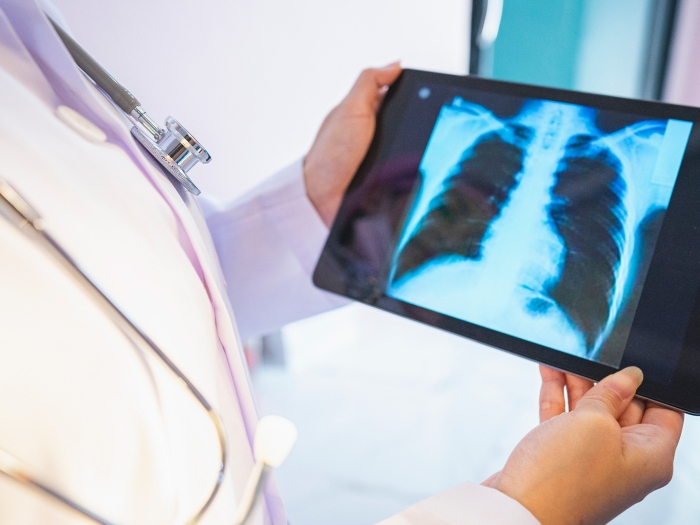
Health Lab
Researchers uncovered nine elements that have significant effects on a whether a patient may develop pneumonia, with nearly 20% of patients moving into a higher risk category based on what occurred during or following the surgery.

Health Lab
A team of researchers have spent the past eight years looking at better ways to transport organs for donation, specifically hearts, to improve the number of organs that can be used for transplants. They found that using a modified normothermic perfusion system heart preservation was feasible for up to 24 hours.

The Fundamentals
On today’s The Fundamentals is Dr. Brummett, Professor at the University of Michigan where he serves as the Senior Associate Chair for Research in the Department of Anesthesiology. He has more than 280 publications, including articles in top journals such as JAMA, JAMA Surgery, Anesthesiology, and Annals of Surgery. He is the Co-Director of the Opioid Prescribing Engagement Network or OPEN at the University of Michigan, which aims to apply a preventative approach to the opioid epidemic in the US through appropriate prescribing after surgery, dentistry and emergency medicine. Moreover, he is the Co-Director of the cross-campus Opioid Research Institute, which was launched in the spring of 2023. He leads multiple NIH grants studying these concepts and receives funding from the Michigan Department of Health and Human Services, SAMHSA, CDC, and multiple foundations.
You can learn more about Dr. Brummett here, and you can follow Dr. Brummett @drchadb and the department of anesthesiology @UMichAnesthesia on X.

The Fundamentals
Today on The Fundamentals is Dr. Maria Castro, the R.C. Schneider collegiate professor of neurosurgery, and a professor of cell and developmental biology at the University of Michigan Medical School. Her research program aims to develop immunotherapies for primary and metastatic brain cancer, studying basic immune biology mechanisms leading to clinical implementation. She has been inducted into the American Association for the Advancement of Sciences, the Latin American Academy of Sciences, and the American Institute for Medical and Biological Engineering College of Fellows. She has won numerous awards for her contributions to basic science and cancer research and is a diversity ambassador for the Cancer Biology Graduate Training Program.
You can learn more about Dr. Castro here, and you can follow her @castro2355_mg, the Rogel Cancer Center @UMRogelCancer, the department of neurosurgery @umichneuro, Michigan Neurscience Institute @UM_MNI and the department of cell and developmental biology @UMCDB on X

Medical School News
Four faculty and two staff members from the departments of Anesthesiology, Neurology, Radiology and Surgery, and the Office of Graduate Medical Education (GME), are recipients of GME Awards for 2024

Health Lab
Elective surgery study shows older adults have concerns about what it will cost them, how much work they’ll miss and whether they’ll catch COVID-19.

Health Lab
Recently approved by the Food and Drug Administration, Pluvicto is a radionuclide-labelled drug administered to patients showing promising results.
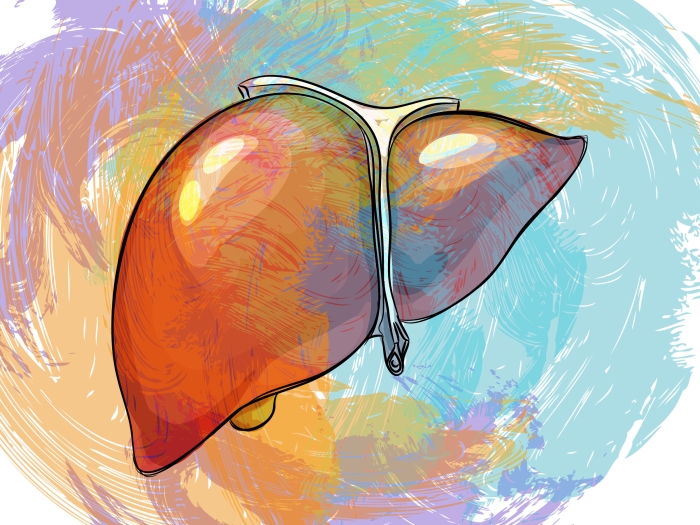
Health Lab
The process, also known as liver perfusion, works differently than traditional ischemic cold storage methods for donor livers by involving technology that recreates the optimal physiological conditions for the organ.
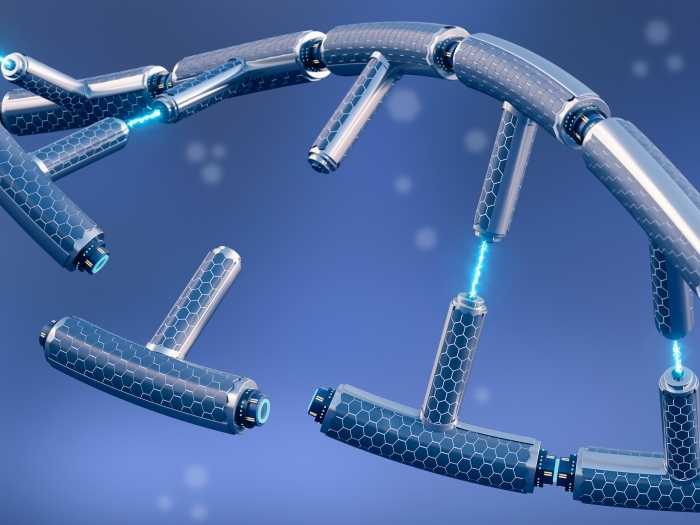
Health Lab
Findings from researchers at the University of Michigan Health Rogel Cancer Center, published in Cancer Discovery, show how a specific nucleotide metabolite called GTP controls responses to radiation and chemotherapy in an unexpected way.
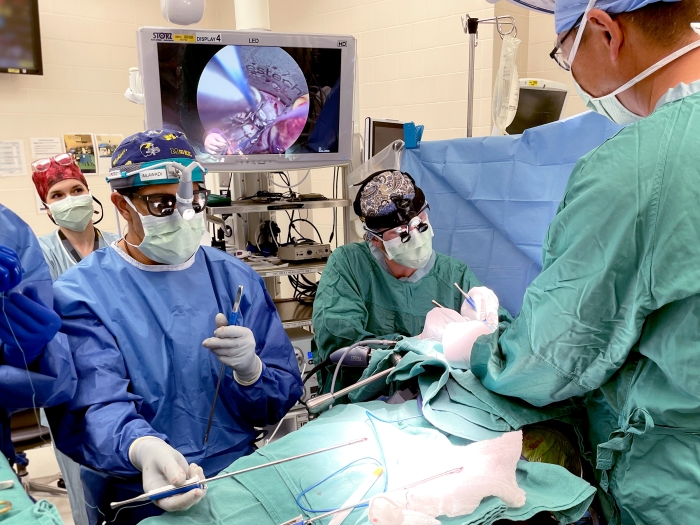
Health Lab
Michigan Medicine’s head of cardiac surgery, Gorav Ailawadi, M.D, M.B.A., answers questions about different treatment options for heart valve disease.

Health Lab
Older adults who live in disadvantaged communities are less likely to attend cardiac rehabilitation after common heart procedures, a Michigan Medicine-led study finds.
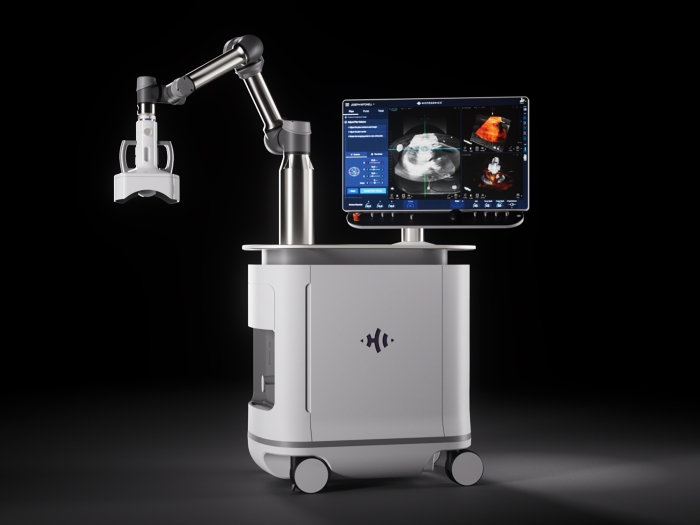
News Release
Technology developed at U-M uses sound waves to destroy tissue, providing a new type of cancer therapy
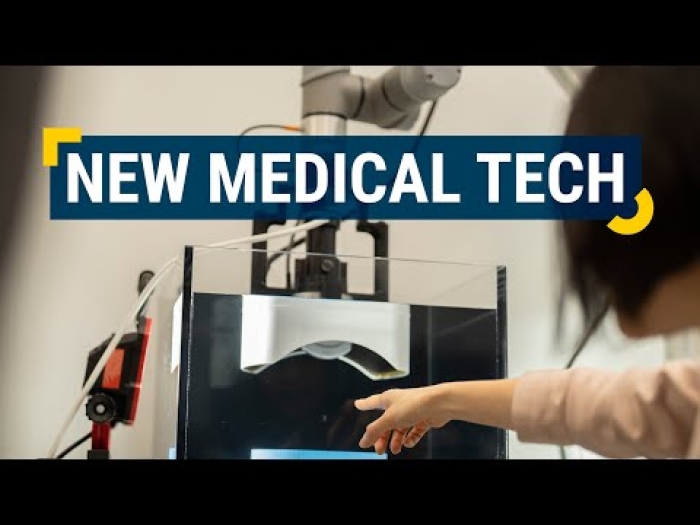
Health Lab
Michigan Medicine has developed a new technique that provides a non-invasive alternative to surgery, chemotherapy and radiation treatments for cancer.